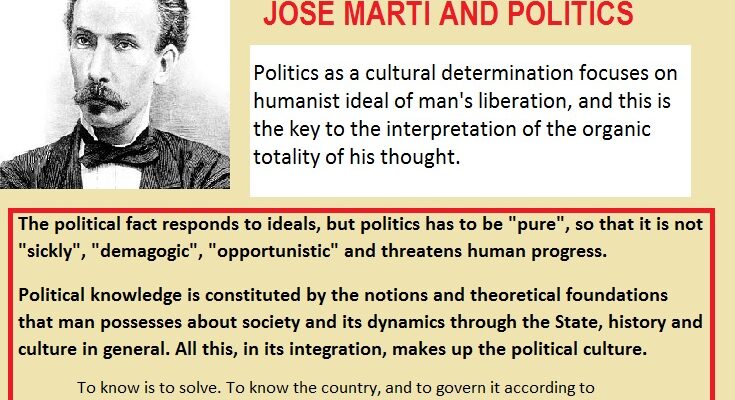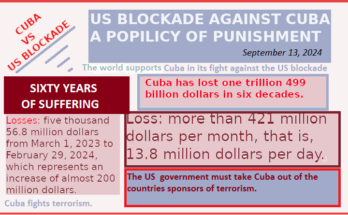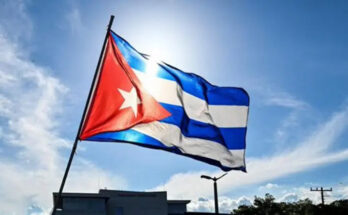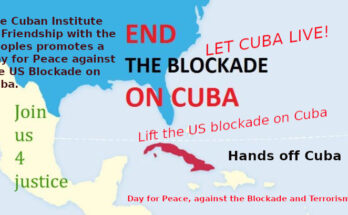On many occasions José Martí referred to the content of politics as an activity, culture, strategy, art and science in which he offers a dialectical vision, based on the knowledge of social dynamics.
His conceptions on politics as cultural determination have at their core the humanist ideal of man’s liberation, and this is the key to the interpretation of the organic totality of his thought.
He analyzes in depth the real determination of practice through the relationship between the political subject and political practice, in which man in his transforming action must convert politics “in itself” into politics “for itself”, that is to say, into conscious action of all men, far from any contemplative attitude.
The cognitive aspect of politics consists in the constant apprehension of man as the object and subject of knowledge. Object insofar as it is necessary to know his needs, tastes, aspirations and motivations. Subject because it is man himself who apprehends social and natural reality in the struggle to satisfy his needs and materialize aspirations.
Martí sees society as governed by social and natural laws, man knows them and can use them for his own benefit, and this is the function of science: “[…] to find out the disposition of the forces of nature, and the manner of their development.
Knowledge as a result of political practice presupposes a system of ideas, aspirations, feelings, traditions and ends defined and contemplated within the ideology, which shape man’s attitude towards taking sides in correspondence with the place he occupies in the human community and in the very system of relations between man and the world.
Man must learn to discover, reveal and discern his place and role, and determine on which side is the good: “In the newspaper, in the professorship, in the academy,” Martí points out, “the study of the real factors of the country must be carried out: […] To solve the problem after knowing its real factors […].
To solve the problem after knowing its elements is easier than to solve the problem without knowing them. The natural man comes, indignant and strong, and overthrows the accumulated justice of the books, because it is not administered in accordance with the patent needs of the country. To know is to solve. To know the country, and to govern it according to knowledge, is the only way to free it from tyranny”.
For its part, what is concrete in politics is the grasp of the whole as a system. The political fact responds to ideals, but politics has to be “pure”, so that it is not “sickly”, “demagogic”, “opportunistic” and threatens human progress.
It is a conception of politics conceived through the creative and mobilizing practice of individuals, with a vocation of universality and transcendence. To the extent that the rational elements of knowledge are born and consolidated in practice, it makes it possible for man to confront the currents, trends and ideological parties that propose different ways for the solution of their contradictions.
Conscious aspirations and needs make up the political ideal, expressed through objectives, goals and programs; while political knowledge is constituted by the notions and theoretical foundations that man possesses about society and its dynamics through the State, history and culture in general. All this, in its integration, makes up the political culture.
Before 1880, we do not find definitions of the concept of politics with the depth that Martí reached later. His approach to the concept is related to aspects such as freedom, anti-slavery, happiness, independence, the struggle between political parties, and the struggle between political parties.
To the radicalization of Marti’s thought contributes the development of the sciences, among them the social sciences, as well as, the capitalist society that submerged in deep transformations foresees the greater sharpening of its contradictions and the lack of a fair perspective. This is easy to appreciate for the keen observer.
During his period of residence in the United States, Martí’s life as a man of political action and ideological guide of the Cuban liberation movement was at its most intense, which provided him with a series of conditions for the maturation of his political thought. With this he made important contributions to Cuban thought and continued the elective tradition.
Related article




